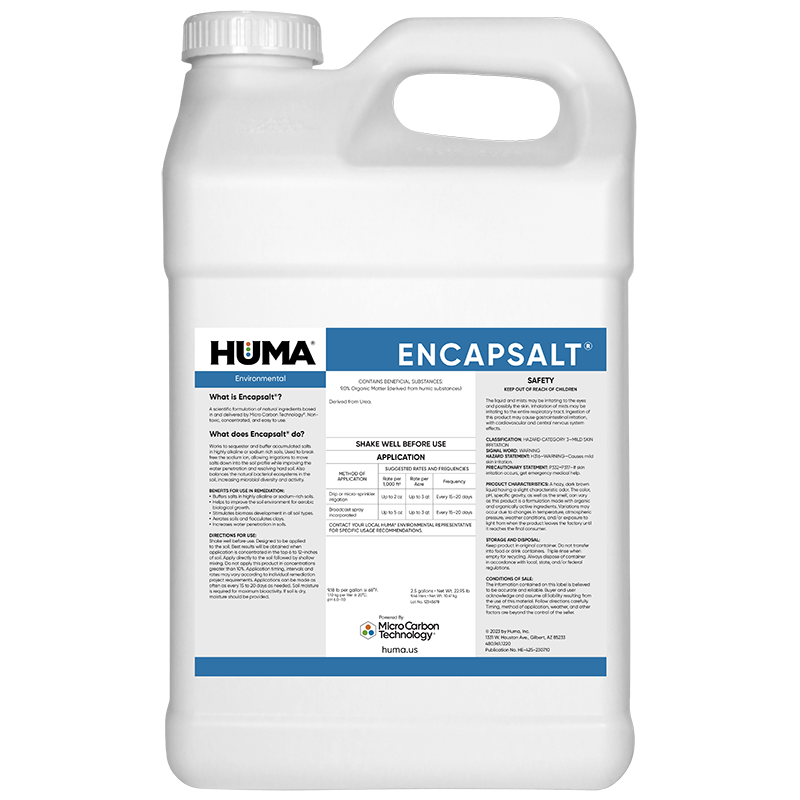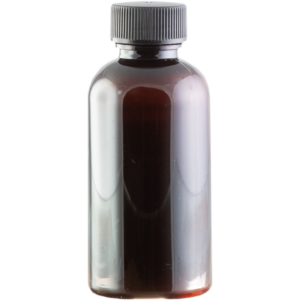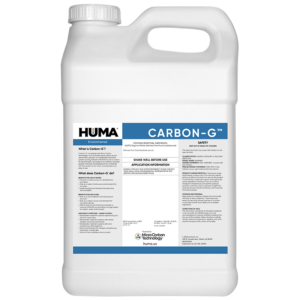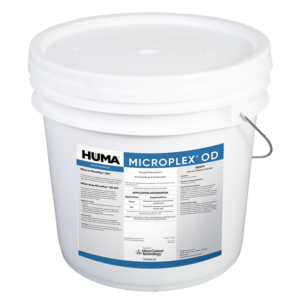Encapsalt® (HE)
Benefits of Use:
- Buffers salts in highly alkaline or sodium-rich soils
- Helps to improve the soil environment for aerobic biological growth
- Stimulates biomass development in all soil types
- Aerates soils and flocculates clays
- Increases water penetration in soils
Treats the Following Problems:
- Salt damage in soil
- Anaerobic soil conditions
- Low soil organic matter
- Poor water penetration
FAQs
Related Products
Related Case Studies

Bio Energizer® Reduces Sludge at Small Municipal Facility
Problem A small town in Utah (pop. 1,800) had a municipal wastewater system with a flow rate of 192,000 gallons per day. The system included a series of four lagoons that tapered to a depth of 6 feet, although at this time only Ponds 1 and 2 were being evaluated for treatment as they were

Bio Energizer® Reduces Sludge at Small N.M. Municipal Facility
Problem A small town in New Mexico (pop. 1,300) had a municipal wastewater system with a flow rate of 50,000 gallons per day. The system included a series of three lagoons that tapered to a depth of 13 feet. Pond 1 had an average sludge depth of 1.9 feet, Pond 2 averaged 3.5 feet, and

Bio Energizer® Reduces Sludge 45% In One Year, Saves Municipal Plant $6 M In Dredging Costs
Summary In this study, a one-year bioremediation plan featuring Bio Energizer® was implemented for a municipal wastewater treatment facility with 2 primary lagoons in which sludge depths had reached 5–7 feet. The lagoons were at risk of upset and wastewater processing capacity was reduced. Sludge levels were measured at baseline and quarterly. Sludge depth was
Related Blog Posts

Probiotic Solutions® Sponsors Wastewater Microbiology & Process Control 2-Day Course
Probiotic Solutions® is sponsoring a Wastewater Microbiology course with microbiologist & certified operator Dr. Toni Glymph-Martin in Arizona on April 11-12, 2023. The 2-day in-person course will cover various key topics related to wastewater microbiology including, but not limited to, microscopy, filamentous bacteria, etc. Attendees will also get a chance to participate in various hands-on
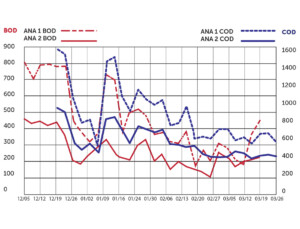
Bio Energizer® Reduces Cost and Turbidity in Paperboard Lagoons
A paper mill wastewater facility was treating 940 tons of paper bags, recycled linerboard, and corrugating medium, daily. The mill was interested in improving wastewater operating efficiency and lowering operating expenses over their standard polymer usage. The plant was experiencing filamentous bacteria, solids, and bulking issues in the final clarifier. It was discharging 4,000 pounds

Municipal Wastewater Solutions
Experience the world’s most efficient wastewater remediation products, for operational stability of municipal wastewater treatment plants.

